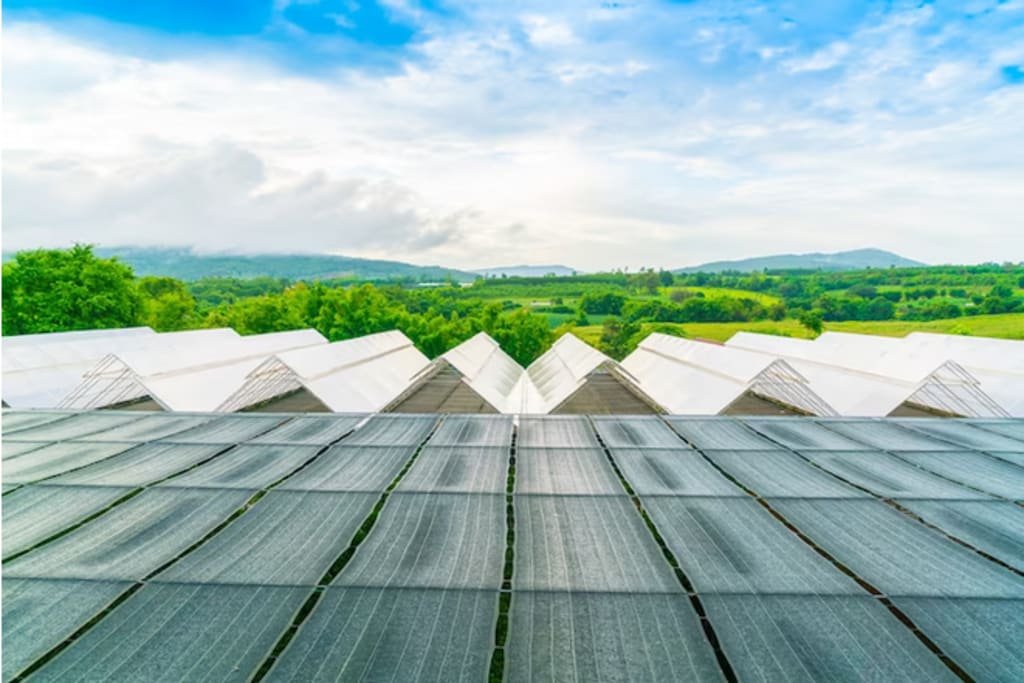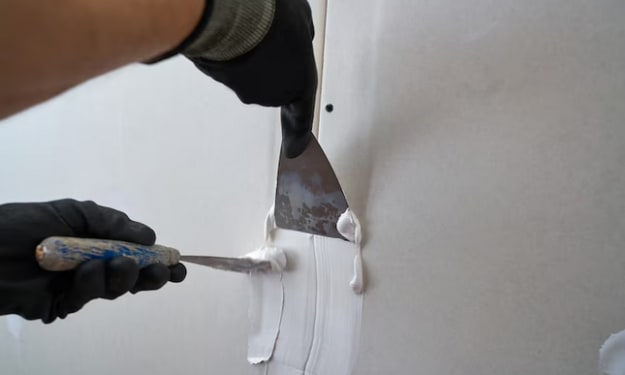Optimizing Your Home: Insulating Your Pitched Roof for Energy Efficiency and Comfort
insulate pitched roof

Introduction:
Optimizing energy efficiency and ensuring comfort within our homes is a top priority for homeowners. One crucial aspect that often gets overlooked is the insulation of the pitched roof. A well-insulated pitched roof not only enhances energy efficiency but also contributes to a more comfortable living environment throughout the year. In this article, we will delve into the importance of insulating your pitched roof, the benefits it offers, and the various insulation methods available. By understanding the significance of this home improvement project, you can optimize your living space for energy efficiency and unparalleled comfort.
About:
Insulating your pitched roof is a vital step in creating an energy-efficient home that provides maximum comfort. Pitched roofs are commonly found in residential properties and can be either sloping or gable roofs. Proper insulation helps in regulating the temperature inside the house, reducing heat loss during winter and minimizing heat gain during summer.
One of the primary advantages of insulate pitched roof is improved energy efficiency. Insulation acts as a thermal barrier, preventing heat transfer between the interior and exterior of your home. By minimizing heat loss or gain through the roof, you can significantly reduce your reliance on heating and cooling systems, leading to lower energy consumption and decreased utility bills.
Additionally, insulating your pitched roof contributes to a more comfortable living environment. By maintaining a consistent temperature, insulation eliminates cold spots and drafts, creating a cozy atmosphere in every room of your home. It also helps to reduce noise transmission from outside, providing a quieter and more peaceful living space.
FAQs:
Q1: What are the different types of insulation options available for pitched roofs?
A: There are several insulation options suitable for pitched roofs, including blanket insulation, rigid foam boards, and spray foam insulation. The choice of insulation depends on factors such as budget, available space, desired R-value (insulation performance), and any specific requirements related to fire safety or moisture resistance.
Q2: Can I install pitched roof insulation myself, or should I hire a professional?
A: While some insulation options can be installed as a DIY project, it is recommended to consult with a professional for the best results. Professional installers have the knowledge and expertise to ensure proper installation, avoiding any potential issues such as gaps or thermal bridging that could compromise the effectiveness of the insulation.
Q3: How long does insulation for a pitched roof last?
A: The longevity of insulation depends on various factors, including the type of insulation, quality of installation, and environmental conditions. Generally, insulation materials have a lifespan of 20-30 years or more. However, it is essential to periodically inspect the insulation for any signs of damage or degradation and replace it if necessary.
Q3: Will insulating my conservatory roof affect its appearance?
A: Insulating your conservatory roof does not necessarily have to compromise its appearance. Depending on the insulation option chosen, it can be installed in a way that is hidden or integrated seamlessly into the existing structure, maintaining the aesthetic appeal of your conservatory.
READ MORE: Top Ultimate Guide: How to Insulate Your Garage for Optimal Comfort
Conclusion:
Insulating your pitched roof is a crucial step in optimizing your home for energy efficiency and comfort. By reducing heat loss or gain, insulation helps create a consistent and comfortable living environment throughout the year. It not only lowers energy consumption and utility bills but also improves soundproofing and eliminates drafts. When considering insulation options, it is advisable to consult with professionals to ensure proper installation and select the most suitable insulation materials for your specific needs. By prioritizing roof insulation, you are taking a significant step toward optimizing your home's energy efficiency and creating a comfortable sanctuary for you and your family.





Comments
There are no comments for this story
Be the first to respond and start the conversation.